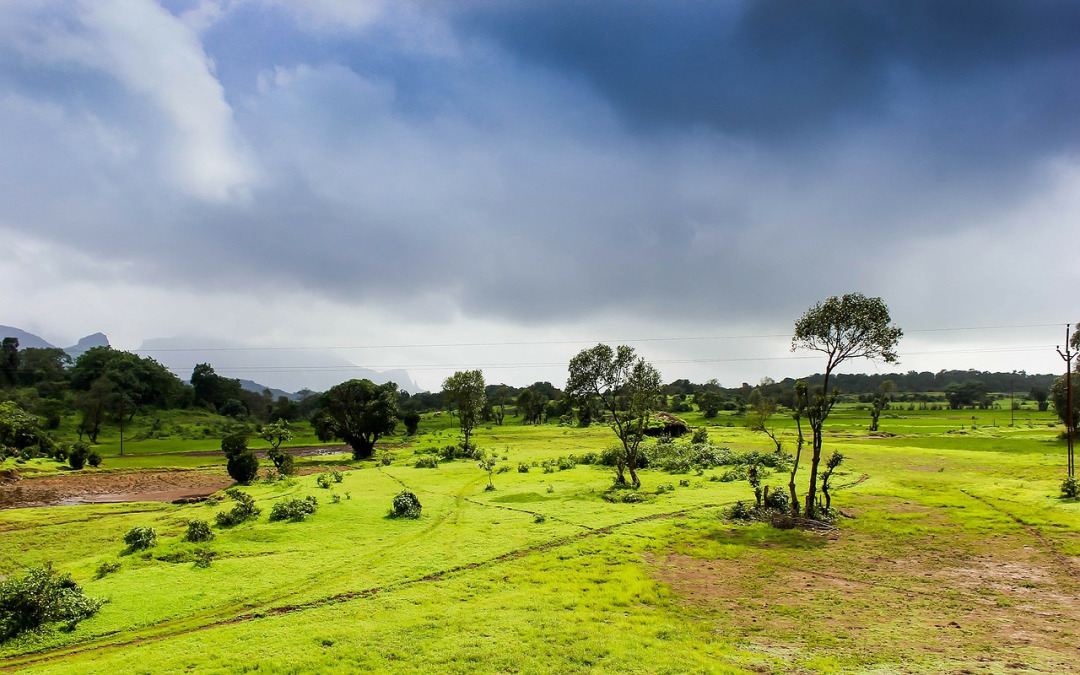
Research Stash Weekly Review #38
- Weekly Review
- 1.6K
Weekly Review #38 – Summary of the latest news In science and technology research across the world, carefully handpicked by team Research Stash
Scientists designed a technique to identify electricity-producing bacteria
Scientists and engineers are exploring ways to harness these microbial power plants to run fuel cells and purify sewage water, among other uses. Read More
A Weird Shift of Our Planet’s Magnetic Field Is Messing With Navigation
o properly navigate across the face of our planet, we need to use guidance from its magnetic field. And for that, we need to keep an accurate track of what that field is doing. Read More
NASA interns and amateur astronomers find a ‘super-Earth’ 226
Using data from NASA‘s Kepler space telescope, two NASA interns and a team of amateur astronomers have found a new ‘super-Earth’. Read More
Study overturns dogma of cancer metabolism theory
Scientists at the Eli and Edythe Broad Center of Regenerative Medicine and Stem Cell Research at UCLA have discovered that squamous cell skin cancers do not require increased glucose to power their development and growth, contrary to a long-held belief about cancer metabolism. Read More
Revolutionary radio telescope detects bevy of fast radio bursts
Scientists at the MIT Kavli Institute for Astrophysics and Space Research are part of a team that has discovered 13 fast radio bursts (FRBs), as well as the second repeating FRB ever recorded, using a revolutionary radio telescope. Read More
New Ebola-like virus discovered in bats
While analysing the diversity of filoviruses in Rousettus bats in China, Duke-NUS Medical School (Duke-NUS) researchers, in collaboration with Chinese scientists, discovered, identified and characterised a new genus of the virus in one of the bats. Read More
Carrying Extra Belly Fat Has Just Been Linked to a Worrying ‘Brain Shrink’
With an expanding waistline comes a concerning list of health concerns. But for a while now, the jury has been out on exactly how weight gain impacts what’s between our ears. Read More
Dental Floss Might Have a Potentially Toxic Impact We Never Knew About
Your brand of dental floss might be leaving you with more than squeaky-clean teeth and fresh breath. It could also be depositing traces of a potentially dangerous class of chemicals known as per- and polyfluoroalkyl substances (PFAS). Read More
Mysterious Repeating Signals Have Been Detected Coming From Space For The Second Time
For only the second time, astronomers have picked up a mysterious repeating signal coming from an unknown source in space. Read More
A hormone released during exercise might protect against Alzheimer’s
A hormone released during exercise may protect the brain against Alzheimer’s disease. It may also explain the known positive effects of exercise on mental performance. Read More
If you liked this article, then please subscribe to our YouTube Channel for the latest Science & Tech news. You can also find us on Twitter & Facebook.


